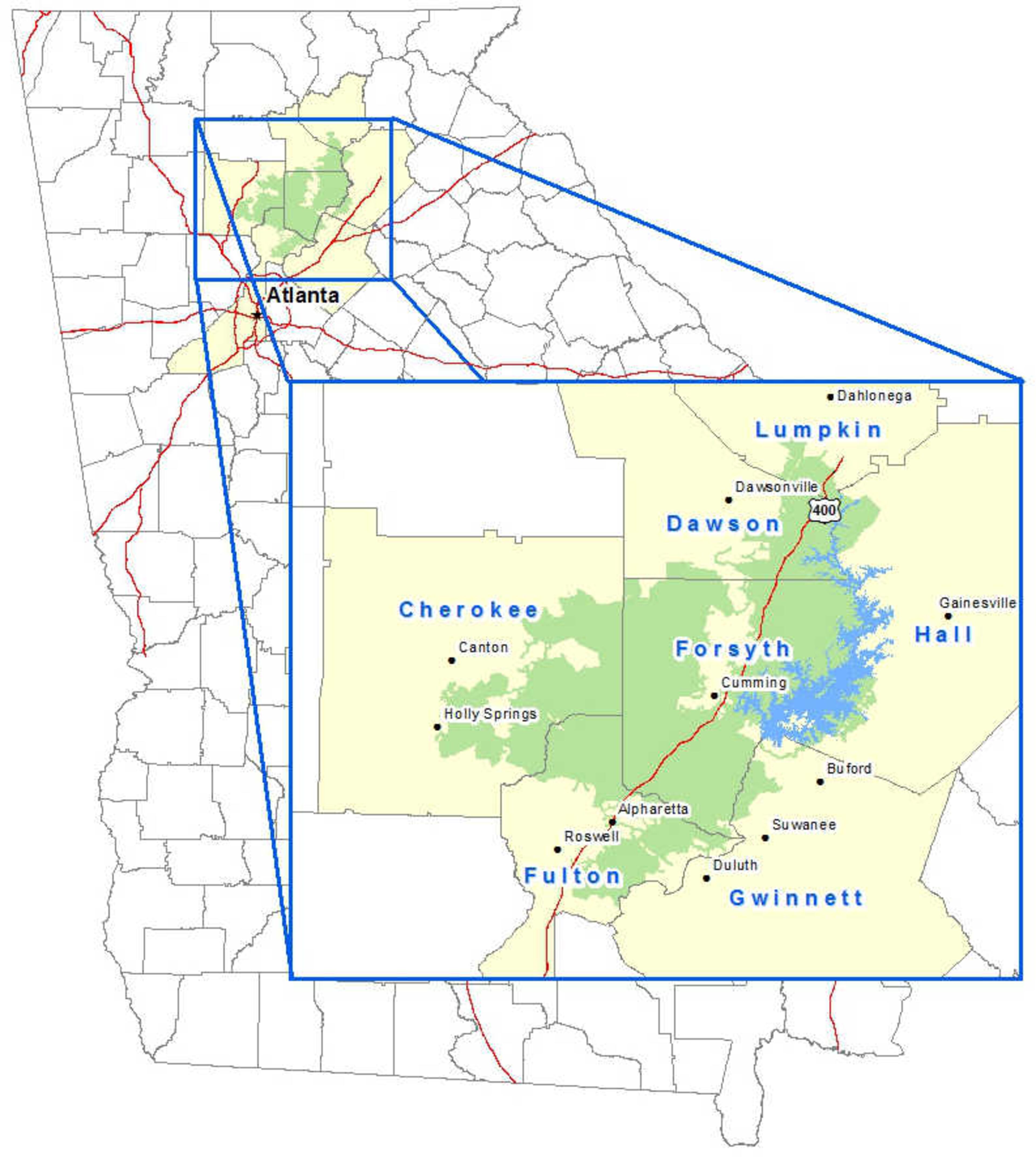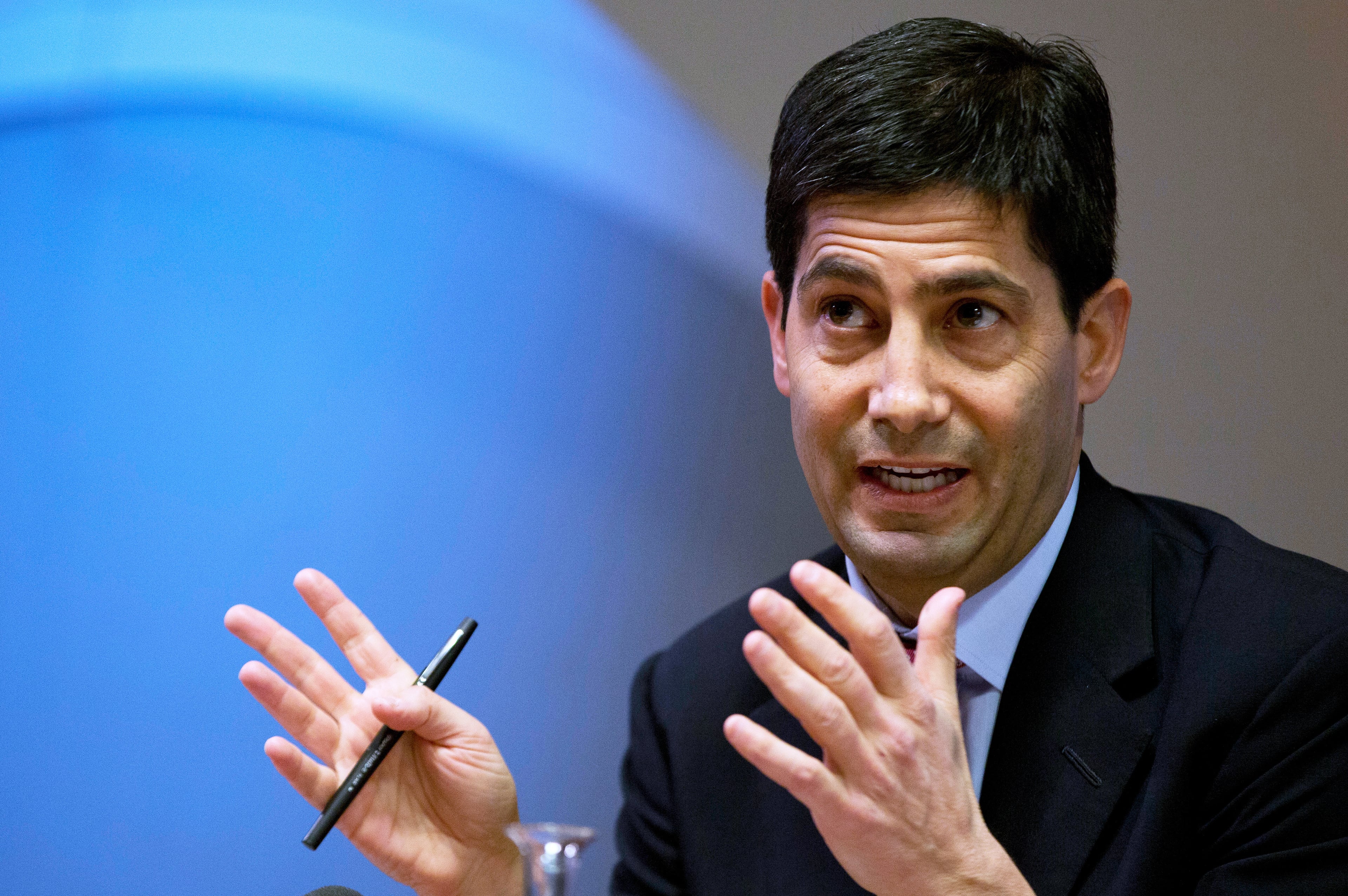Georgia EMC: New phone scam can’t be stopped and will probably spread

Georgia EMC is warning electricity customers about a new, sophisticated phone scam it fears will soon spread to metro Atlanta.
Customers with Sawnee EMC and Jackson EMC have already been swindled by the advanced ploy that manipulates caller ID systems, said Terri Statham, spokeswoman of the trade association for all state electric membership corporations — EMCs.
She said the scammers are after quick cash, social security and credit card numbers.
“What we find is that when a trend begins with one or two (areas) is that it spreads to many more,” she said. “We feel like it will spread to ... all of metro Atlanta.”
Leslie Thompson, spokeswoman with Cobb EMC, said the utility company hasn’t seen any cases of that specific scam but has seen an uptick in the last six to eight months of bogus calls.
Still, Statham feels this scam has potential to do more damage than it already has.
Somehow the ne'er-do-wells have found a way to replace a burner phone’s number with the number of an EMC. A person on the line tells the customer their service will be cut off if they don’t buy a pre-paid card and pony up right away.
Even if you miss the phony call and ring the number back, you’ll hear the EMC’s exact on-hold message before speaking to someone.
Blake House heard it himself when he called the number.
House is vice president of member services for Sawnee EMC, which services parts of Gwinnett, north Fulton, Cherokee, Forsyth, Dawson, Hall and Lumpkin counties.
“There’s no way to trace it or have it disconnected,” he said. “I don’t know how they do it.”
Sawnee EMC recently sent out 110,000 emails to customers warning them of the scam.

Butby then two or three of their customers had already been bilked out of a few hundred dollars each, House said.
He said the Forsyth sheriff’s office “has investigated it and tried to get to the bottom of it, but the way (the scammers) are doing it, I just don’t know if there’s any way to stop them.”
The agency was not immediately available for comment Friday.
House said this past weekend that three restaurants in Forsyth got calls around lunch rush when an eatery is busiest and most flustered.
None of them fell for the scam, but they did call the EMC to report what they thought was a strong-arm strategy for an electric utility.
“We want all of our customers to know that we don’t call and solicit payment over the phone. We don’t operate that way,” House said.
The key is to check and see if the number calling you is the number of your local EMC, Stathan said.
And if you’re not sure if the person you’re on the phone with is legitimate, just hang up.
“No one at EMC would be insulted by that. In fact, they’d be happy their customers were so aware,” she said.


